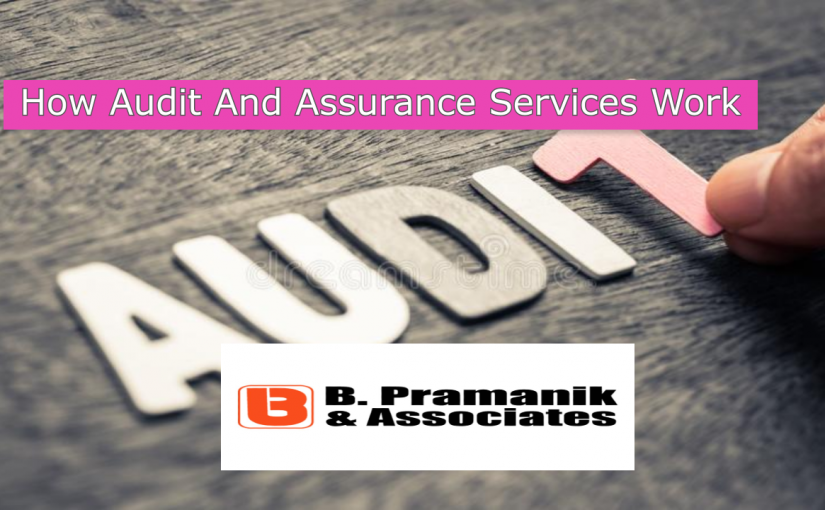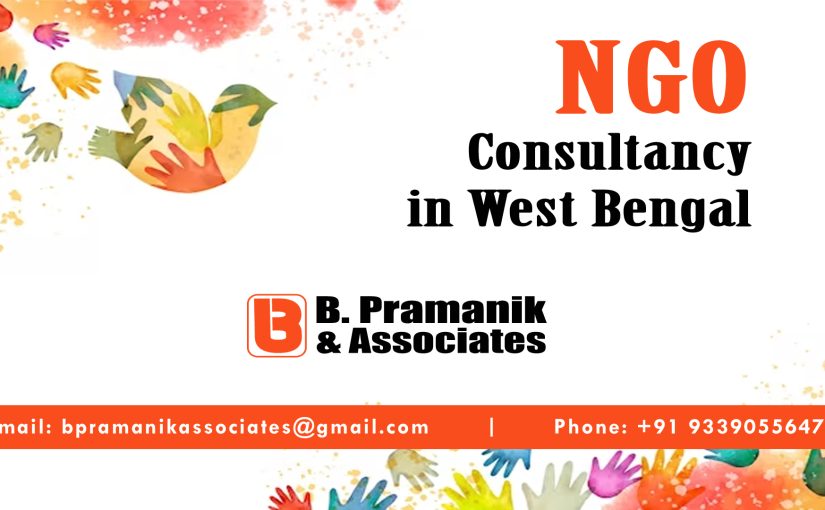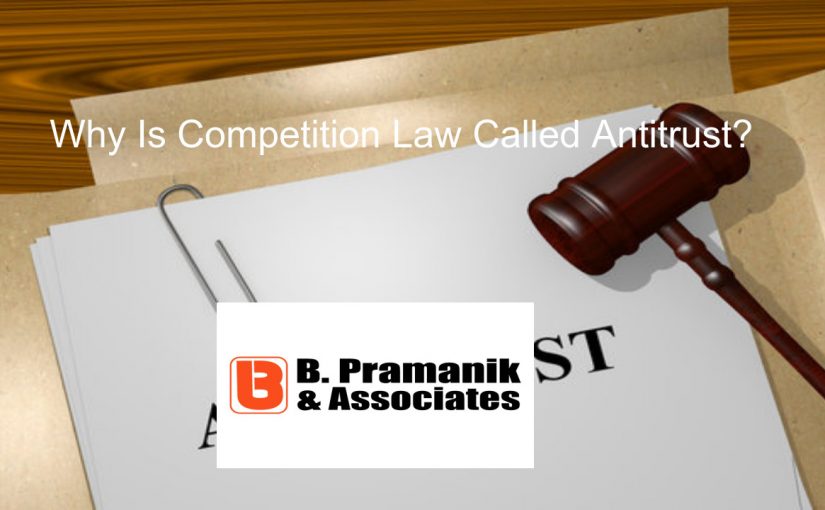
How Audit and Assurance Services work?
Process Of Audit and Assurance Services:-
Here these are process where audit and assurances are work which are as belows:-
An audit is a methodical examination and evaluation of data or documents:-
- There are several distinct kinds of audits, but in the particular setting of professional services, an audit is often pecuniary in nature.
- The financial statements are supposed to present an accurate and fair image in compliance with the financial reporting framework, and this is designed to give reasonable assurance, but not total assurance.
- Law does not mandate audits for every business.
- Many businesses choose to have their financial information independently assured, typically by accountancy firms, when audits are not legally required.
A professional service called assurance aims to increase the accuracy and transparency of information in order to lessen the possibility of problems arising from erroneous information.
An example of an assurance service is an audit.
aw does not mandate audits for every business.
Many businesses choose to have their financial information independently assured, typically by accountancy firms, when audits are not legally required.
A professional service called assurance aims to increase the accuracy and transparency of information in order to lessen the possibility of problems arising from erroneous information.
An example of an assurance service is an audit.
Assurance services could be compliance- or regulatory-based.
They seek to guarantee that a business or organisation is adhering to standards, laws, and policies and offer financial statements with both internal and external credibility.
Who Is Obliged to Have an Audit?
- a subsidiary business (unless it qualifies for an exception)
- a licenced insurance provider or someone engaged in insurance market activity, banking, or the issuance of electronic money
- An investment business that complies with the Markets in Financial Instruments Directive (MiFID) or one that manages undertakings for collective investment in transferable securities (UCITS)
- a business entity whose shares are traded on a controlled market in a European nation.
What Sorts of Audits Are There?
- Financial Audit–The most frequent sort of audit, a financial audit is an official retrospective examination of the financial records of an organisation, usually by an independent authority.
It will express an opinion regarding the accuracy and fairness of the financial position of the company or organisation as well as whether the accounts have been correctly prepared.
- Compliance Audit-These are frequently performed in regulated industries to make sure that the company or organisation is behaving in accordance with internal or regulatory standards.
- Operational Audit: This is a thorough examination of the strategy, organisation, steps, objectives, and outcomes of a company’s operations, along with suggestions for improvement.
Every audit has the option of being internal or external:
- Internal audit – A business frequently seeks to keep a high level of control within the organisation and lessen the workload placed on external auditors.
An internal audit could also be a compliance or financial audit.
- External audit-A compliance or financial audit may also be considered an internal audit. How is an audit carried out?
The company’s or organization’s financial report is prepared in compliance with the pertinent legal and financial standards in anticipation of a financial audit.
The report is then internally authorised.
The auditors will need a general overview and comprehension of the firm and its operations, as well as the ability to take into account external circumstances that might have had an impact on any businesses throughout the reporting period.
Any hazards pertaining to the financial performance or position, as well as any internal controls the organisation has judged necessary to minimise those risks, will be identified, taken into consideration, and evaluated by the auditors.
A set of published accounts has to have each individual line tested.
Not every transaction that resulted in that amount was examined by auditors.
Instead, they conduct two different types of tests:
Significant Testing.
Here, an auditor will pick a representative sample of the transactions that contribute to a particular result.
For instance, if an auditor is checking the sales figure, they can choose a few sales and request documentation of those.
This could be communication or contracts with consumers, copies of checks, or purchase orders.
The number of these that auditors test will depend on how certain they are that the sales figure is accurate.
Test Control.
A procedure in a business that is intended to lower the risk of fraud or error.
The requirement for two signatories on payments is an excellent example; one person fills out the check, and the other person signs it.
Auditor testing the control rather than a sample of transactions is possible in organisations with strong controls.
They will feel at ease with the final figure if they are confident that the control is operating correctly.
For instance, if clients make purchases through a website, a machine may produce the sales figure, and the auditors may be okay with this.
An audit opinion is generated at the end of the audit and is often presented with the financial statements in a standard report.
Any internal flaws will also be disclosed by the auditor to management of the business or organisation.
Common Misunderstandings About Auditors
Common Misunderstandings About Auditors:-
Auditors do not:
They keep looking for fraud people,also they do keep a looking for it.
Check every transaction; just the ones that are ‘material’.
Work for the client company. Auditors work on behalf of the company’s shareholders. Shareholders decide the company auditor.
An auditor cannot:
The auditors are simply taking into account particular data from a particular period.
The auditors are not always on site at the organisation.
Because they are analysing data from a given period of time, the auditors are unable to guarantee that the organisation will continue to be profitable.
They lack the capacity to predict what might occur in the future.
How Can We Help?
Here ,Advocate,B Pramanik & Associates financial audit in Kolkata will help you regarding audit and assurance work in India.






















































